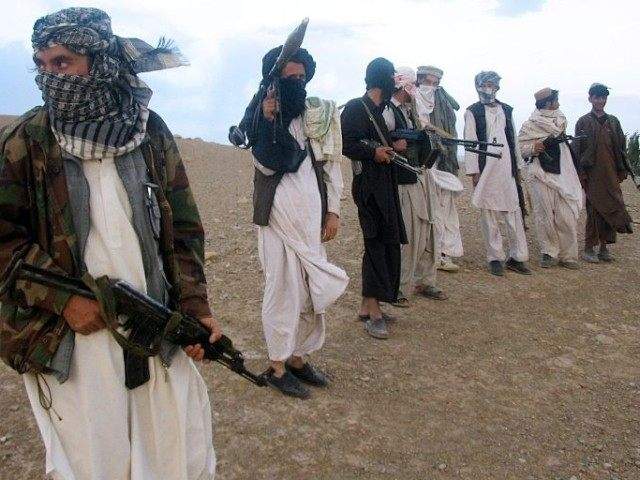Ramadan Rage: Jihadis Kill 290, Injure 280 in First Two Weeks of Holy Month

Jihadis, primarily Afghan Taliban terrorists, have carried out nearly 100 attacks in 16 countries since the beginning of Ramadan at the end of last month. In the process they have killed at least 290 people while injuring 280 others in the first two weeks of the holiest month for Muslims, a Breitbart News count shows.
That means, on average, Islamic terrorists have executed about 21 people and maimed an estimated 20 others since Ramadan began at sunset on April 23. This year, Muslims expect the holy month to last through sundown on May 23.
Breitbart News’ count begins on the first full day of Ramadan on April 24. This report covers the two weeks of April 24 through May 7.
In total, there were at least 570 casualties, including fatalities and injuries, during the first half of Ramadan.
This year, the casualties during the first two weeks of the holy month are lower than during the same period in 2019, when jihadis killed 364 people and wounded 404 others. While the number of fatalities dropped by slightly over 20 percent from 2019 to this year, the injuries experienced a larger decrease of more than 30 percent.
Overall, the total number of casualties during the first half of Ramadan dropped by over 25 percent, from 768 last year to 570 in 2020.
The carnage, however, has continued even as governments across the world continue to combat the ongoing Chinese coronavirus pandemic with mitigation efforts like social distancing and the closing of “non-essential” businesses.
Afghan Taliban narco-jihadis, responsible for the most significant number of attacks so far, rejected a U.S.-backed Ramadan ceasefire again offered by Kabul this year.
At the end of February, the U.S. and the Taliban terrorists signed an agreement calling for the conditions-based withdrawal of American and foreign military force. Still, the narco-jihadi group has continued to step up its attacks since.
So far, during Ramadan 2020, the Taliban is responsible for 48, or 50 percent, of the 99 attacks. The terrorist group is responsible for about 60 percent (169) of all deaths and over 65 percent (183) of all injuries.
The Taliban attacks have rendered Afghanistan the deadliest Muslim-majority country during the first half of Ramadan this year, followed by Iraq (37 dead, 24 injured) and Syria (28 dead, 25 injured), respectively.
Despite the fall of its so-called caliphate in Iraq and Syria in March 2019, the Islamic State (ISIS/ISIL) and its affiliates outside the Middle East remain a problem. The group has intensified attacks in Iraq in recent weeks, reportedly exploiting the coronavirus lockdown in the country.
ISIS jihadis represent the second-deadliest group during the holiest month for Muslims so far this year. The terrorist group carried out at least 22 attacks during the first half of the holy month that killed 75 people and wounded 38.
Other groups, including al-Qaeda and its affiliates as well as the Iran-allied Shiite Houthis in Yemen, are also carrying out attacks, although to a much lesser extent.
Nearly all the victims of the Ramadan attacks are Muslim. Islamic terrorist groups are known to urge their members and supporters to engage in jihad on Ramadan, believing that martyrs will get extra rewards in paradise.
Despite these attempts, violence is entirely dissonant with Ramadan for the vast majority of the world’s Muslims.
Most Islam adherents follow the tradition of abstaining from eating, drinking, smoking, having sex, and other physical needs each day, starting from before the break of dawn until sunset during the month of Ramadan.
A minority of Muslims, however, adhere to the belief that perceives Ramadan as a month of jihad and martyrdom.
Breitbart News primarily gleans its tally from the Religion of Peace website and the Armed Conflict Location and Event Data Project (ACLED) in coordination with news and government reports.
This report only includes incidents that Breitbart News has corroborated using media and government reports as well as online entities that monitor jihadi activity.
The overall number of attacks and the associated casualties could be larger given that Breitbart News is not able to confirm all incidents. Moreover, not all incidents are documented online.
For the most part, the tally excludes casualties suffered by jihadis. Some of the documented incidents in Syria may inadvertently include deaths and injuries sustained by rebel groups with terrorist ties.
Given that news outlets and governments fail to report many of the terrorist attacks in real-time, the casualty total is subject to change. The sources may update some of the casualty figures as some of the wounded victims succumb to their injuries.
Photo: AFP











